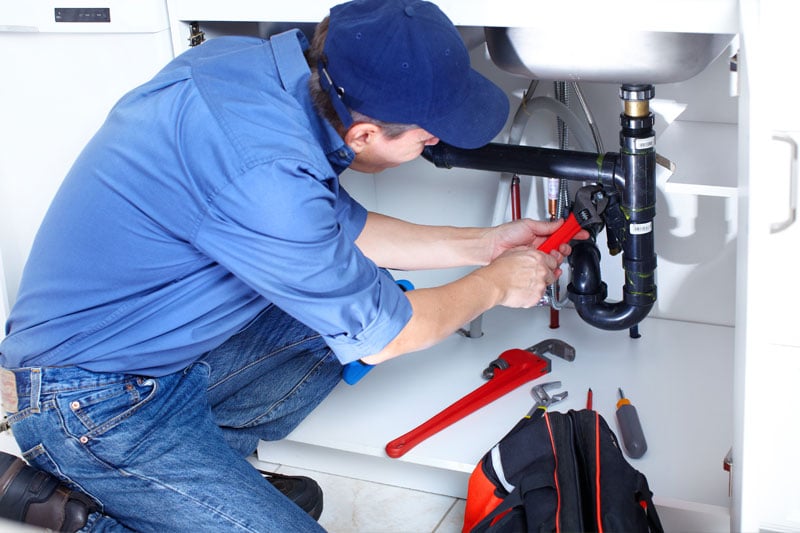
Image Source: Google
When it comes to maintaining your plumbing and heating systems, a little DIY effort can go a long way in helping you save time and money. By taking care of routine maintenance tasks yourself, you can ensure that your systems run efficiently and smoothly, preventing costly repairs and downtime. In this ultimate guide to DIY plumbing and heating maintenance, we will cover some essential tips and techniques to help you keep your systems in top shape.
First and foremost, it's important to familiarize yourself with the layout of your plumbing and heating systems. Take the time to locate important components such as shut-off valves, pressure relief valves, and thermostats. Understanding how your systems work and where key parts are located will make it easier for you to troubleshoot issues and perform routine maintenance tasks.
One of the most important maintenance tasks you can do for your plumbing system is to check for leaks regularly. Even small leaks can waste a significant amount of water and lead to water damage in your home. Inspect your pipes, faucets, and fixtures for any signs of leaks, such as water stains, dripping, or puddles. If you discover a leak, be sure to address it promptly to prevent further damage.
Another essential maintenance task for your plumbing system is to clean your drains regularly. Over time, debris such as hair, soap scum, and food particles can accumulate in your drains, leading to clogs and slow drainage. To prevent this, use a drain cleaning solution or a homemade mixture of baking soda and vinegar to keep your drains clear and flowing smoothly.
When it comes to your heating system, one of the most important maintenance tasks you can do is to replace your air filters regularly. A dirty or clogged air filter can restrict airflow, reduce the efficiency of your system, and even cause it to overheat. Check your air filters monthly and replace them as needed to keep your heating system running efficiently.
Regularly inspecting and testing your heating system's controls and safety features is another important maintenance task. Make sure that your thermostat is functioning properly and that it is set to the correct temperature. Test your system's safety features, such as the pressure relief valve and the carbon monoxide detector, to ensure that they are working correctly and keeping your home safe.
Finally, it's important to know when to call in a professional for help. While many maintenance tasks can be done by homeowners, some issues require the expertise of a licensed plumber or HVAC technician. If you encounter a plumbing or heating problem that is beyond your skill level, don't hesitate to contact a professional for assistance. Ignoring or attempting to fix complex issues on your own can lead to costly repairs and further damage.
